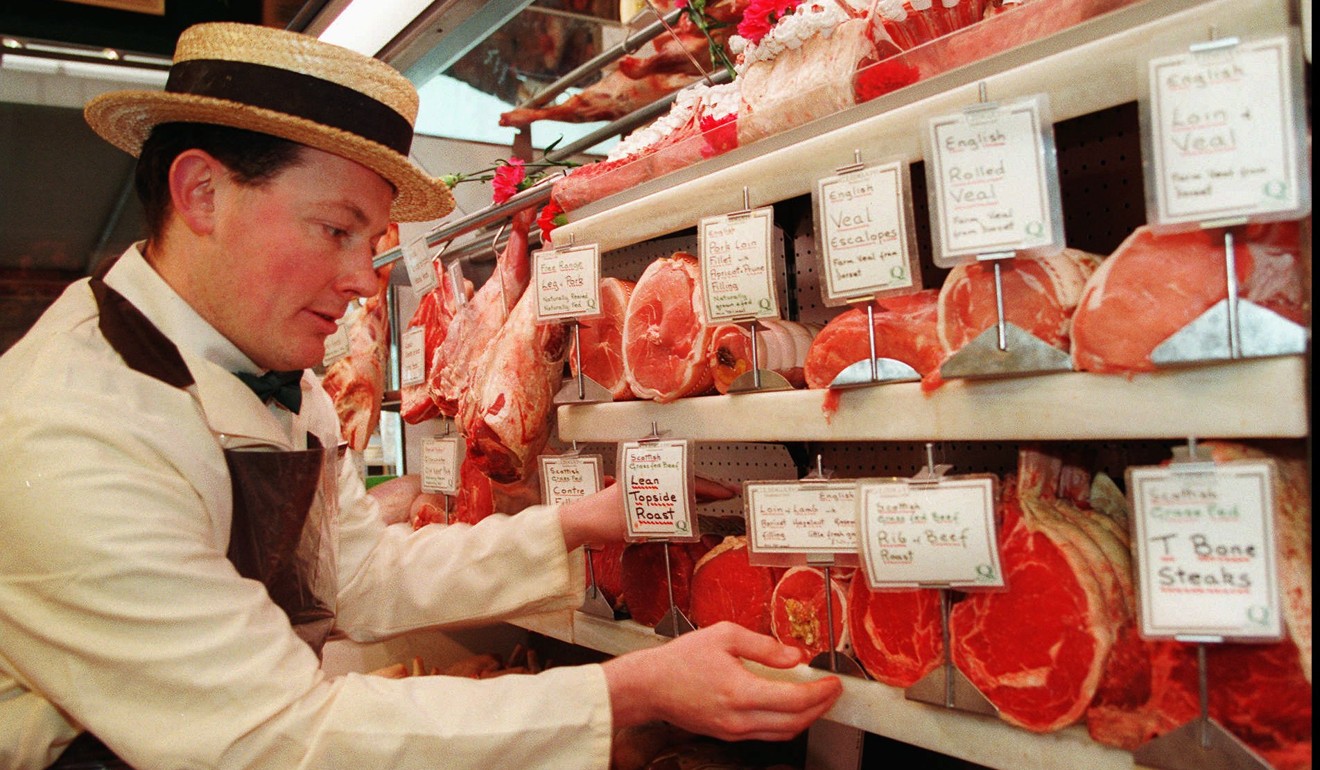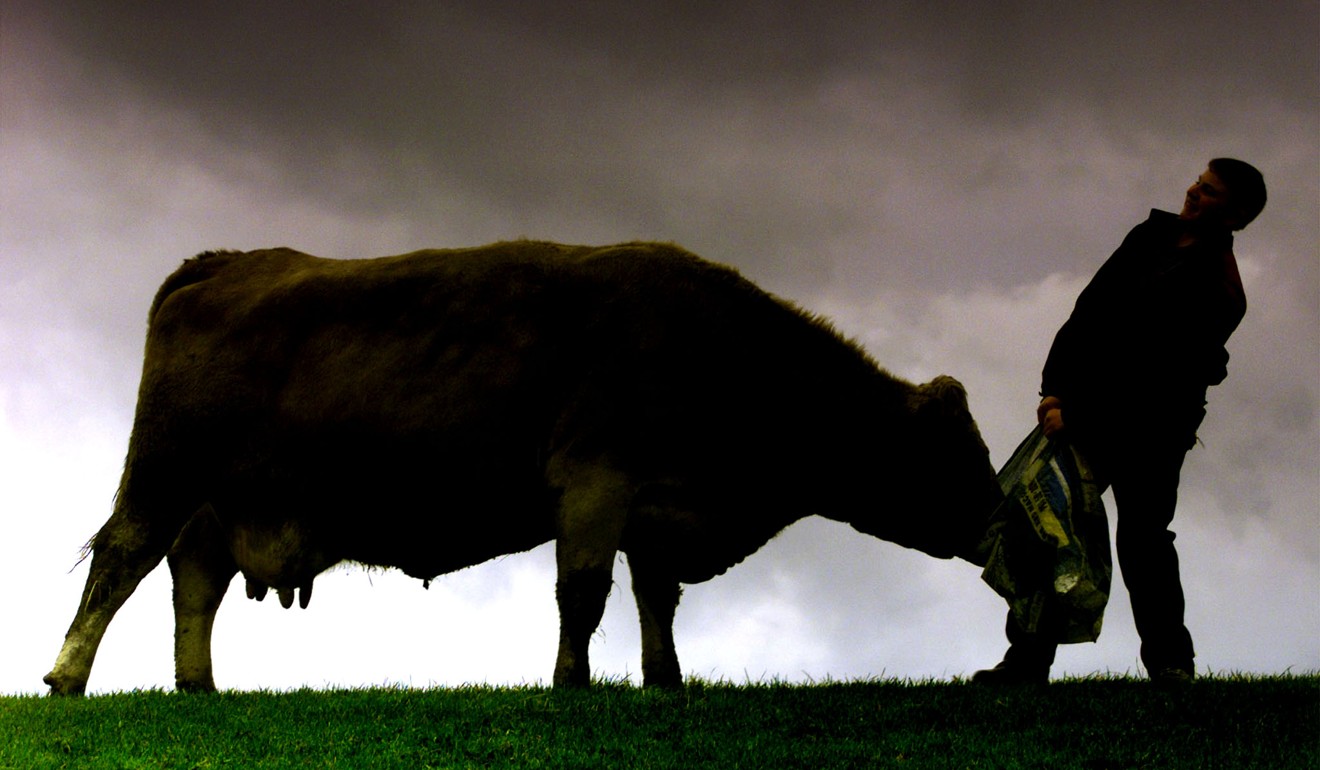
British beef could be back on the menu as Japan eyes ending more than 20-year ban
Japan will begin the process of lifting its 22-year-old ban on British beef imports later this year as no cows infected with mad cow disease have been confirmed in the country in recent years, government sources said on Saturday.
Tokyo is considering allowing beef from young cattle to be imported from Britain. Japan imposed a ban on beef imports from the country in 1996.
Britain became in 1986 the first country where cattle were found infected with the brain-wasting disease, formally known as bovine spongiform encephalopathy.
Of around 190,000 BSE-infected cattle detected around the world, some 180,000 were raised in Britain.

But no BSE infection has been confirmed in the country since a 2009-born cow tested positive in 2015, leading London to request Tokyo lift the ban.
The Cabinet Office’s committee on food safety is expected to submit a report warranting the safety of British beef to the Ministry of Health, Labour and Welfare, possibly this month, the sources said.
The ministry will then decide whether to resume imports after dispatching officials to Britain for an inspection of beef processing factories, they said.
So far, Japan has resumed beef imports from 14 countries, including the United States and Canada, after banning the trade due to the detection of BSE infection in those countries.
In the absence of BSE infection in British beef in recent years, the Food Safety Commission of Japan has concluded that it would be safe to eat beef from Britain as long as Japan imports beef from cattle aged 30 months or younger and continues to ban imports of some designated risky parts such as spinal marrow.

The age limit has been introduced for beef imports from other countries as researchers’ data show that it takes at least 40 months for cattle administered with abnormal prions, a type of protein alleged to be the cause of BSE, to develop the disease.
Of 526,000 tonnes of beef Japan imported in the 2016 financial year, 52 per cent came from Australia, followed by the US at 39 per cent, according to data from the Ministry of Agriculture, Forestry and Fisheries and other organisations.
In 1995, one year before Tokyo imposed the ban on British beef imports, Japan imported around 160 tonnes of stomach and 16 tonnes of tongue from cattle raised in Northern Ireland.

